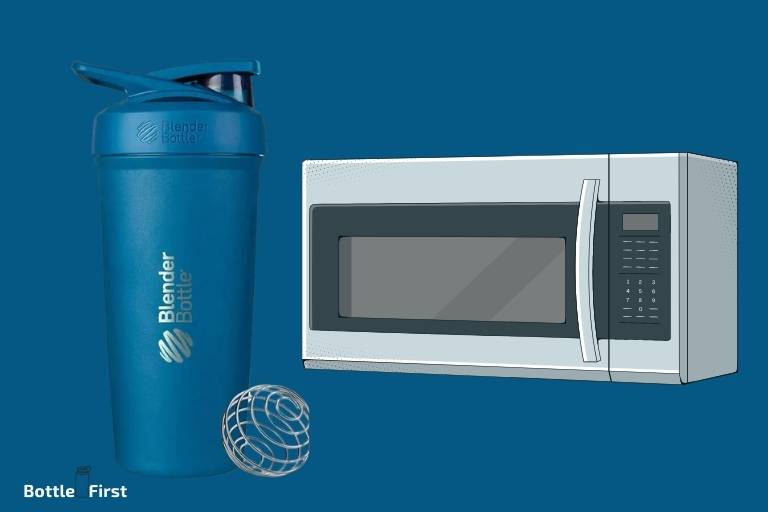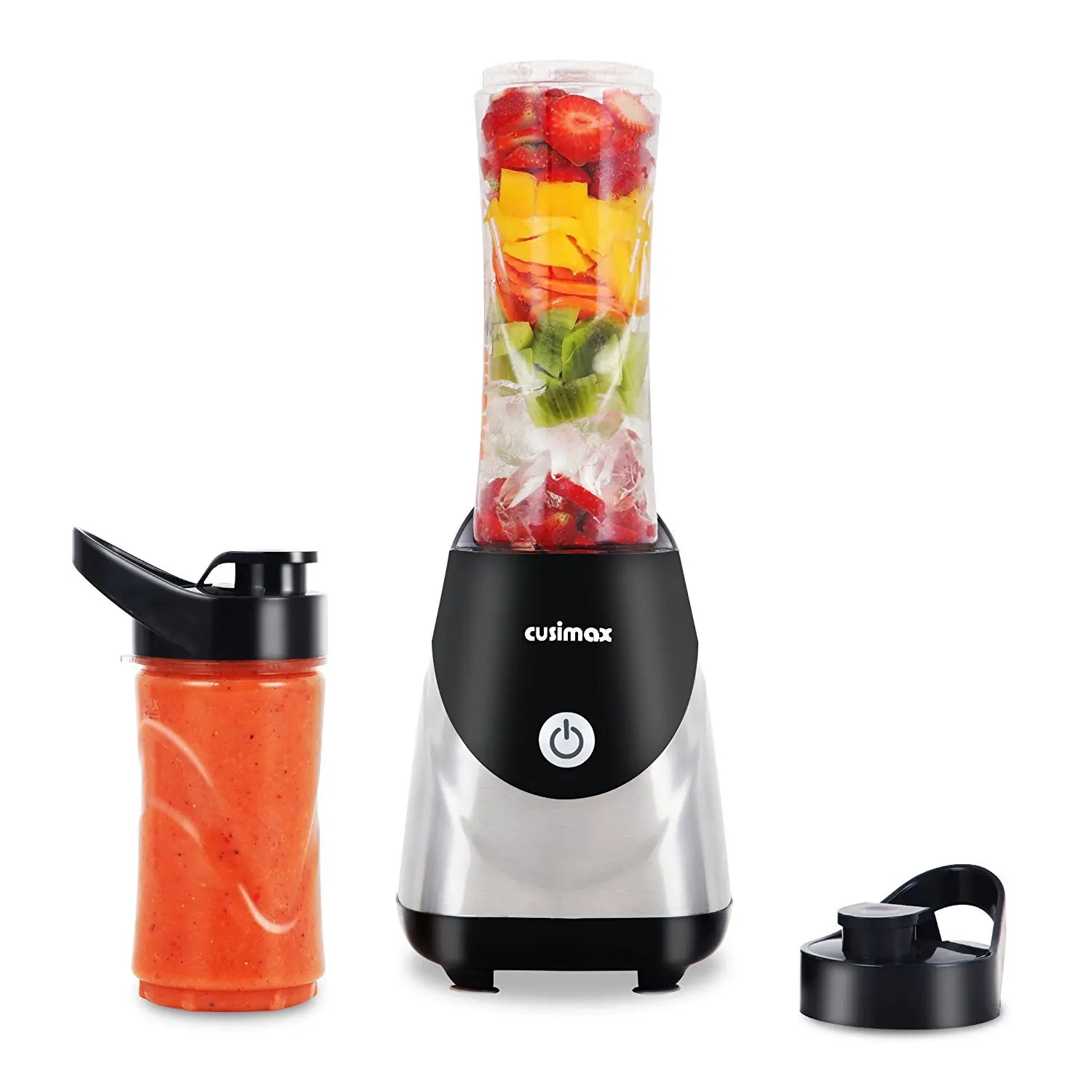

Here are some tips for cleaning a microwaved blender bottle: Just make sure to heat slowly and gently. While not as fast as the microwave, these methods can work if you don’t have a microwave-safe container.

Hot pack – Fill a silicone pack with hot water and place against the blender bottle to transfer warmth.Heating pad – Wrap your sealed blender bottle in a microwave-safe heating pad to slowly warm it up.Instant hot water dispenser – Use your electric kettle or instant hot water tap to heat up water, then combine with your blender bottle ingredients.Hot water bath – Place the sealed blender bottle in a bowl of hot (not boiling) water to gently heat up.Stovetop – Heat up a small pot with the contents on the stovetop, then transfer to your blender bottle.If you do not have a microwave-safe blender bottle, there are some alternative methods to heat up the contents: Microwave Alternatives for Heating Blender Bottles Never microwave a blender bottle over high power continuously in one go. Stirring/shaking the bottle every 30 seconds also prevents uneven hot spots. Higher power can lead to boiling or scalding. Use lower microwave power levels around 50% when heating blender bottles to avoid hot spots. Screw on the lid to avoid spilling.įollowing this process will allow you to safely microwave your blender bottle without overheating or damaging it. Re-attach parts when cooledBefore drinking, let the blender bottle cool down sufficiently and re-attach the lid, ball, grips, etc.Gently swirl or shake to distribute the heat. Let it stand & shakeWhen done microwaving, let the blender bottle stand for 30 seconds before handling so the contents can settle.Go for 1-2 minutes total to evenly heat ingredients. Microwave in short incrementsMicrowave the blender bottle in 30 second bursts, stirring or shaking in between.Do not overfill past the max line, usually around 20-25 oz. Fill with your ingredientsAdd the ingredients you want to heat up into the blender bottle.The outer sleeves are not microwave safe. Take out the inner containerIf your blender bottle has a silicone or rubber outer sleeve, remove the inner plastic container before microwaving.The metal and electronics can damage the microwave or cause electrical arcing. Remove any metal or electronic partsTake off the metal blender ball, electronic mixer, rubber grips, or plastic lids.Once you’ve confirmed your blender bottle is microwave-safe, follow these steps to heat it up properly: If in doubt, verify the material with the manufacturer before microwaving your blender bottle. Stainless Steel – Insulated stainless steel blender bottles without electronic components can be microwaved.Īvoid microwaving blender bottles made from polyvinyl chloride (PVC), polystyrene (PS), acrylonitrile butadiene styrene (ABS), nylon, and polyurethane without checking labels.Silicone – Food-grade silicone components on blender bottles are microwave safe up to about 425☏.Glass – Borosilicate glass blender bottles are completely microwave safe.Polycarbonate – Shatter-resistant polycarbonate bottles marked “BPA free” are also microwave safe.

Both are microwave safe but LDPE cannot withstand as high of temperatures.


 0 kommentar(er)
0 kommentar(er)
